|
Season 4 has been all about bilingualism, multilingualism and various crosslinguistic pedagogical approaches. In this episode, I had the privilege of interviewing Johanne Paradis, Professor in the Department of Linguistics and Adjunct Professor in Communication Sciences and Disorders at the University of Alberta. Johanne has published more than 70 peer-reviewed journal articles and chapters on bilingual children and is first author of Dual Language Development and Disorders, 3rd Edition, Brookes Publishing (2021). Throughout this episode, we talk mostly about immigrant or refugee children learning English-as-a-second language. We also touch on language disorders in bilingual children. Johanne provides many tips and advice for teachers, educators and speech-language pathologists. Here are a few examples:
Advice for teachers/SLPs/educators
As well as advice for parents who mainly speak a heritage language in the home. Advice for parents
Johanne also talks about her website where you can find resources and useful information: Child English Second Language (CHESL) Centre: https://sites.google.com/ualberta.ca/chesl/home Be sure to subscribe to this podcast on your favorite podcast platform. Thanks for listening!
0 Comments
In this episode, which is part of a series on all things bilingual, Dr. Genesee and I talk about dual language learners, language use in schools, and the impact of the majority language on minority language acquisition in both minority language schools (ex. French language schools) and immersion programs. Dr. Genesee gives very useful strategies that can be used by educators who are interested in exploring a bilingual or a crosslinguistic approach in a meaningful way. We talk about how we can support the use of the children’s linguistic resources in order to help them acquire and maintain the minority language. We also talk about the importance of establishing clear goals when using crosslinguistic or translanguaging approaches as well as the parents’ role in their child’s acquisition of a minority language, be it their home language or the school language.Resources mentioned during the episode
|
|
In this episode, I challenge Sarah and Julianne: Who can make a raft that is buoyant, waterproof, stable and won't tip over?
Before listening to this episode, it is important to listen to episode 5 of season 2 in order to understand the different levels of vocabulary. Robust vocabulary instruction in French can be very useful for your children if they are enrolled in a French-medium or French-immersion program. Literary vocabulary is used daily at school, however, this vocabulary is not typically heard during informal conversations. We need to explicitly teach some of these words. The Level 2 words targeted in this episode are the following: Raft Rescue Platform Assembly Parts Arts project Challenge Buoyant Waterproof Stable Tip Note: The translation of French Level 2 words may not give an English level 2 word. For example, the word "tip" may be considered a level 1 word. The important rule to remember is that level 2 words can be explained with simpler words from level 1. Here's what you need for this activity: 2 rolls of toilet paper Old markers or popsicle sticks or straws. Saran wrap. Ziplock bags A hot glue gun or white glue.
Here are the steps for this activity. If you want to read the steps in French, you can find the show notes for the French episode here:
|
I purposefully posted this episode today, September 25th, Journée des Franco-Ontariens or Franco-Ontarian Day in order to raise a bit of awareness on the importance of placing value on all the languages spoken in the home. Join the Francophone and Francophile community! Get involved with your child's school and find out how you can increase exposure to the French language.
Your host:
Chantal Mayer-Crittenden, Speech-Language Pathologist and researcher, hosts a bevy of guests on the topic of communication at large.
Archives
November 2022
October 2022
May 2022
April 2022
March 2022
September 2021
June 2021
May 2021
April 2021
March 2021
October 2020
July 2020
May 2020
March 2020
January 2020
December 2019
September 2019
August 2019
July 2019
May 2019
April 2019
March 2019
February 2019
January 2019
Categories
All
Accessible Canada Act
Accessible Communication
Aphasia
Arts Based Program
Augmentative Communication
Bilingualism
Cognitive Communication Disorder
COVID-19
DEI
Developmental Language Disorder
Early Years
French
Heritage Language
Learning
Literacy
Math
Mindfulness
Minority Language
Oral Communication
Pragmatics
Robust Vocabulary
Science Of Reading
Second Language Acquisition
Sex & Intimacy
Social Communication
Speech Language Pathologist
Speech-Language Pathologist
Stroke
Swallowing Disorders
Technology
Translanguaging
Traumatic Brain Injury
Working Memory
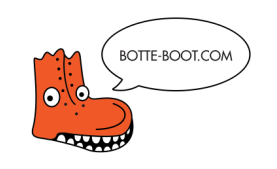
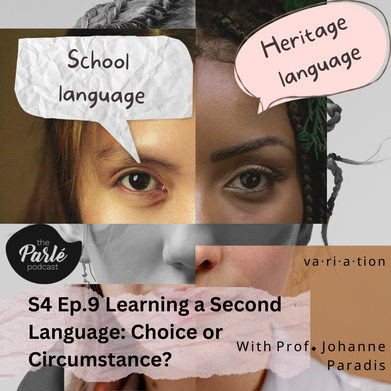
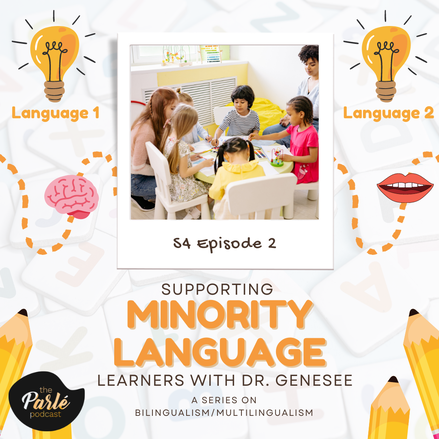
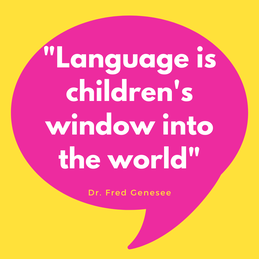
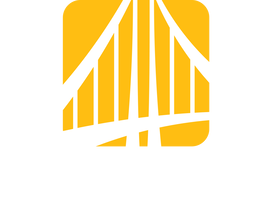
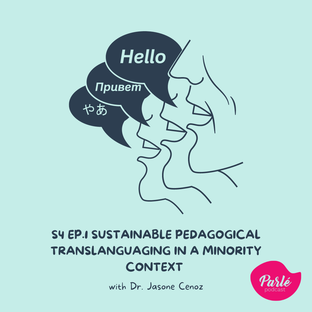

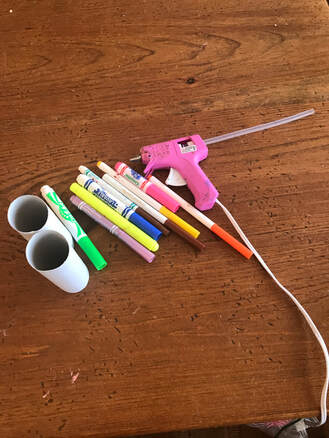
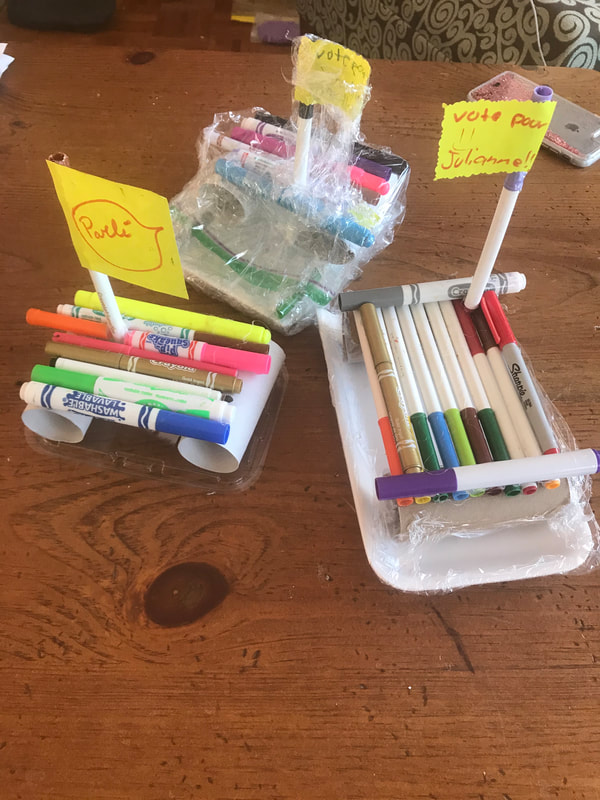

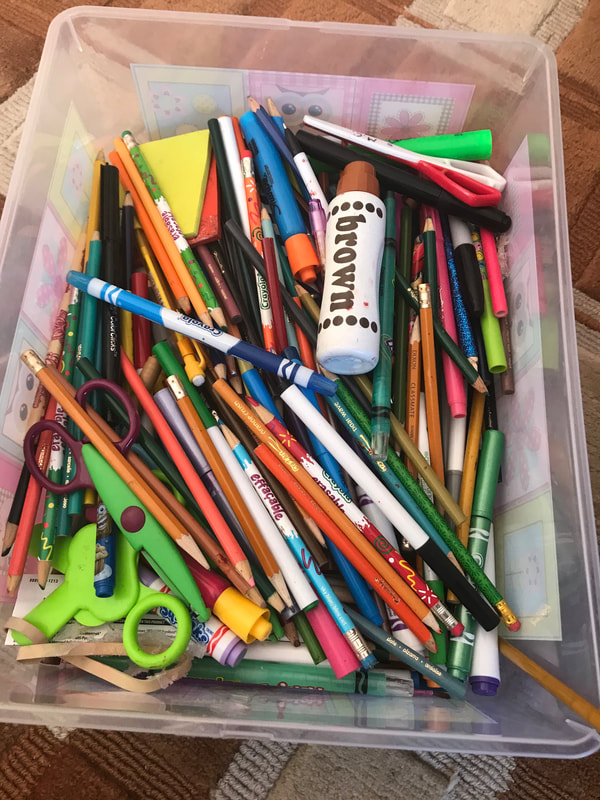
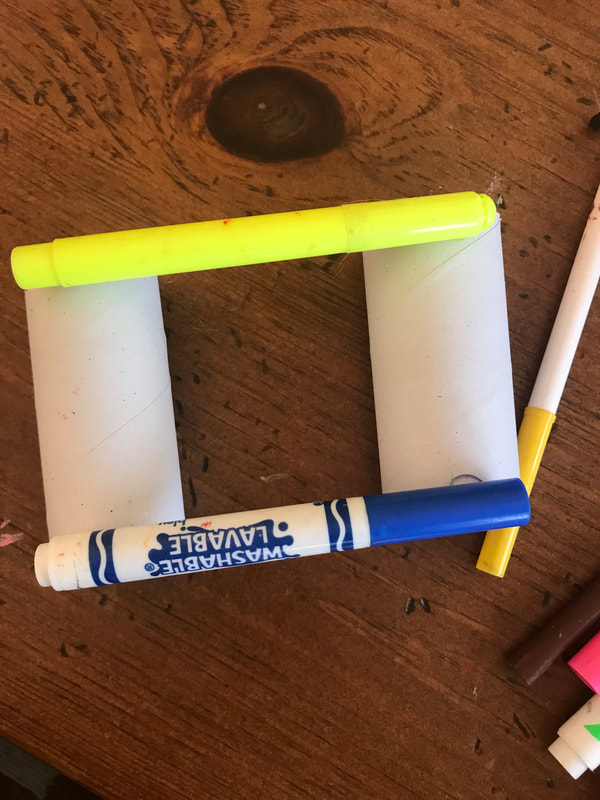
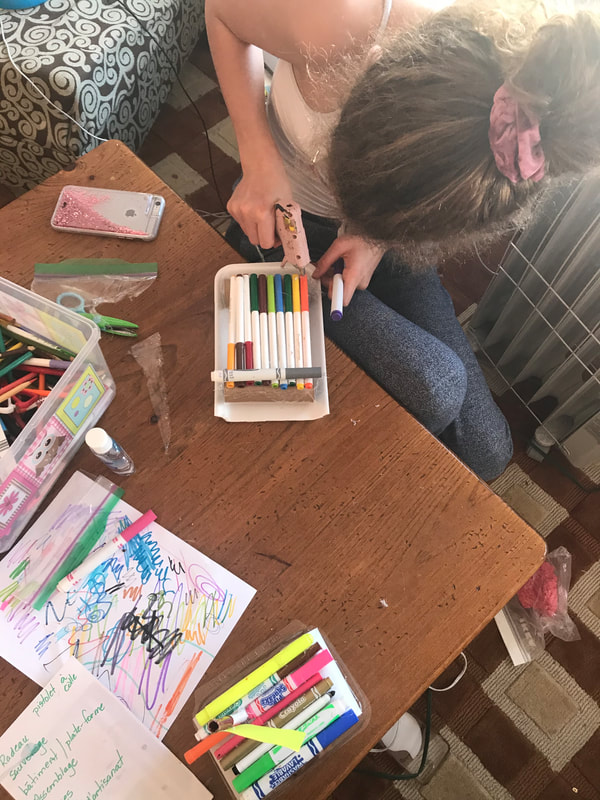
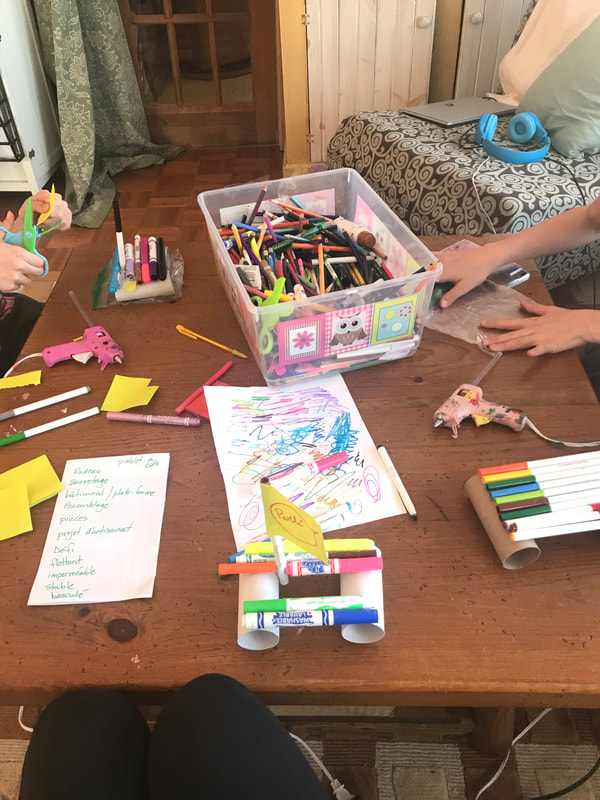
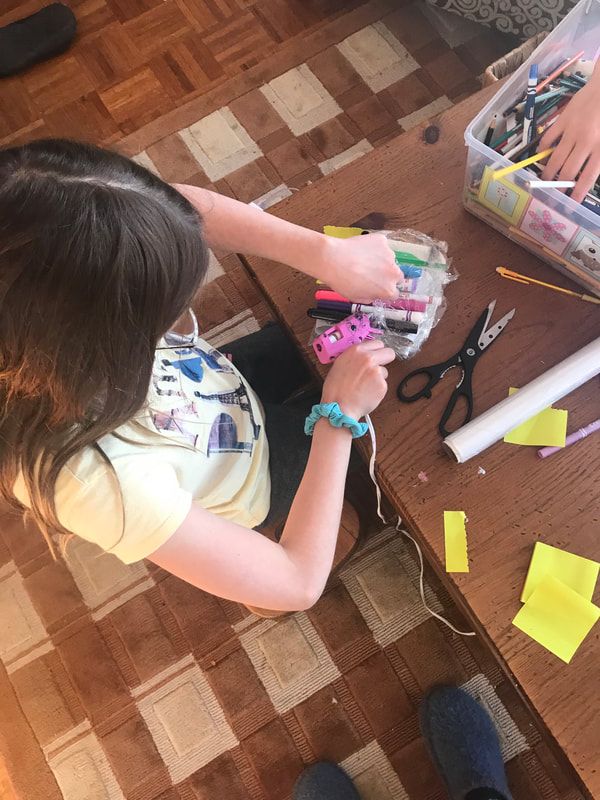
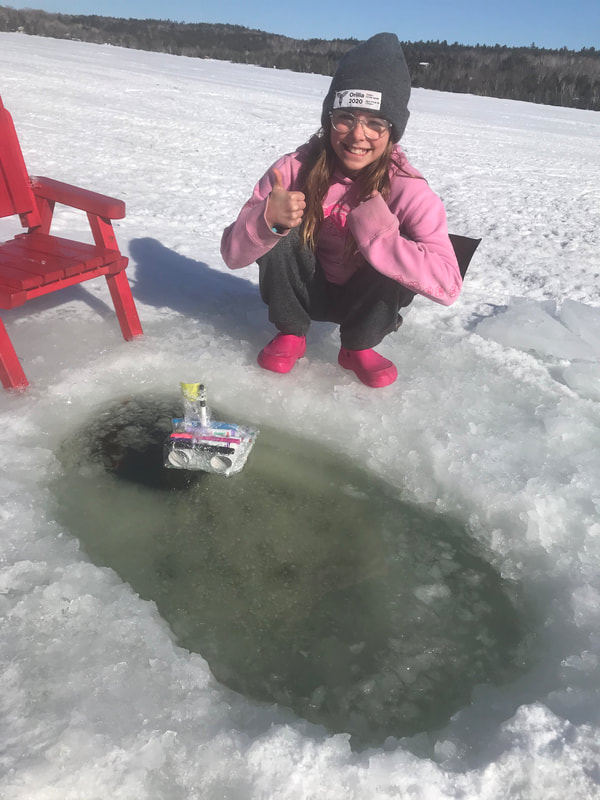
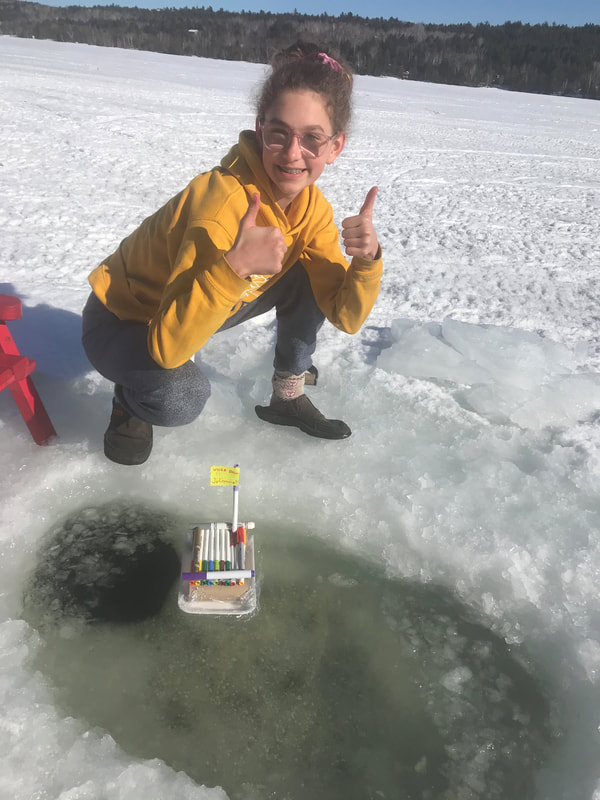
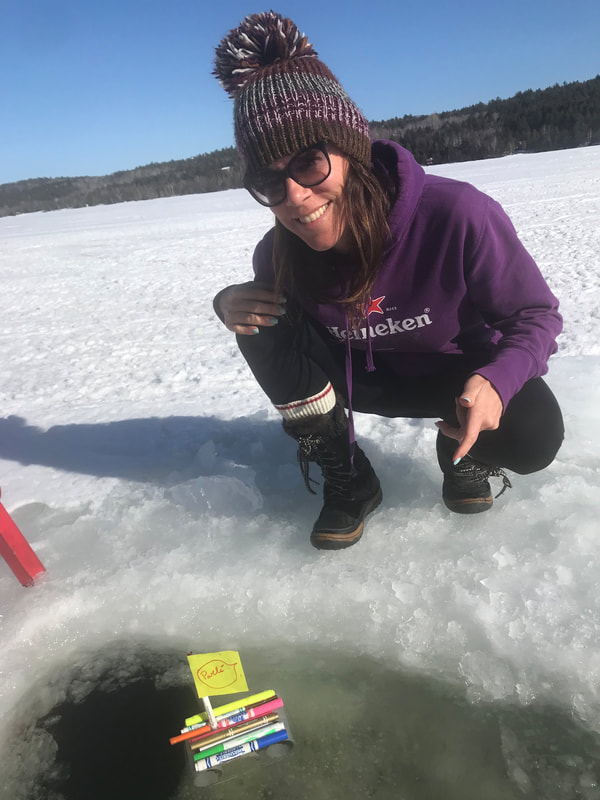
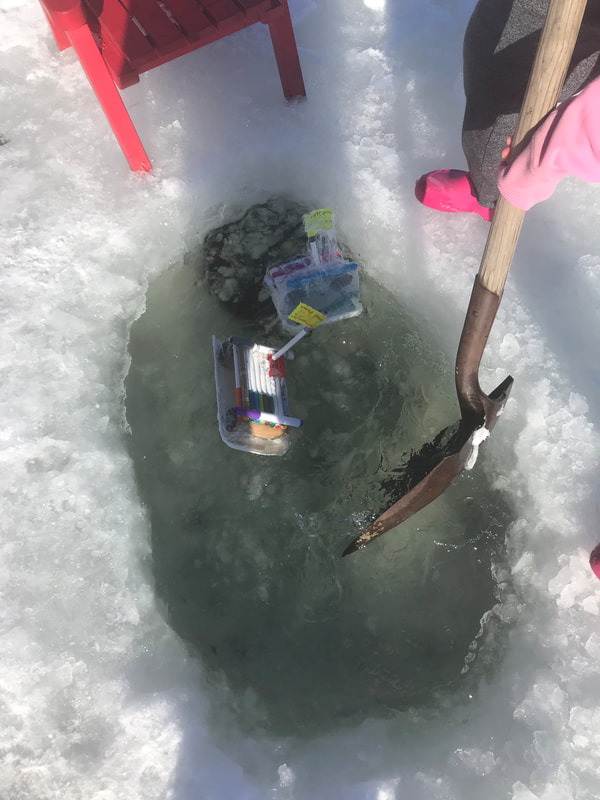
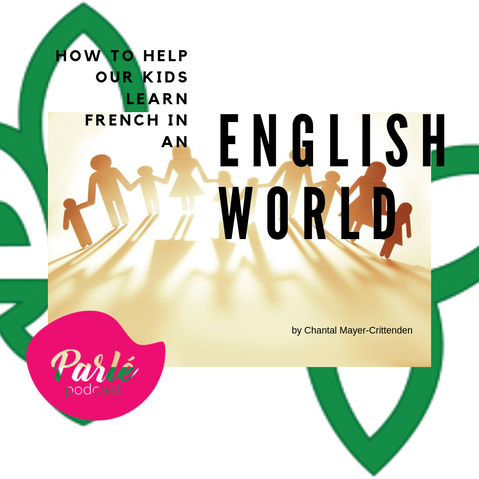
 RSS Feed
RSS Feed